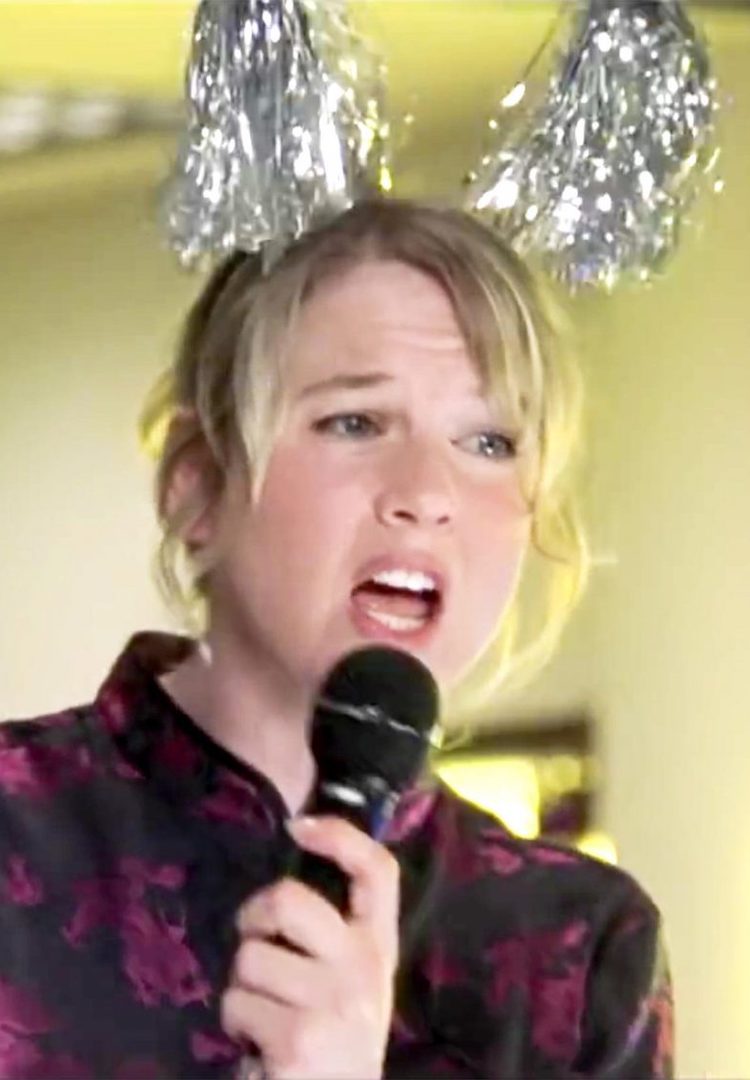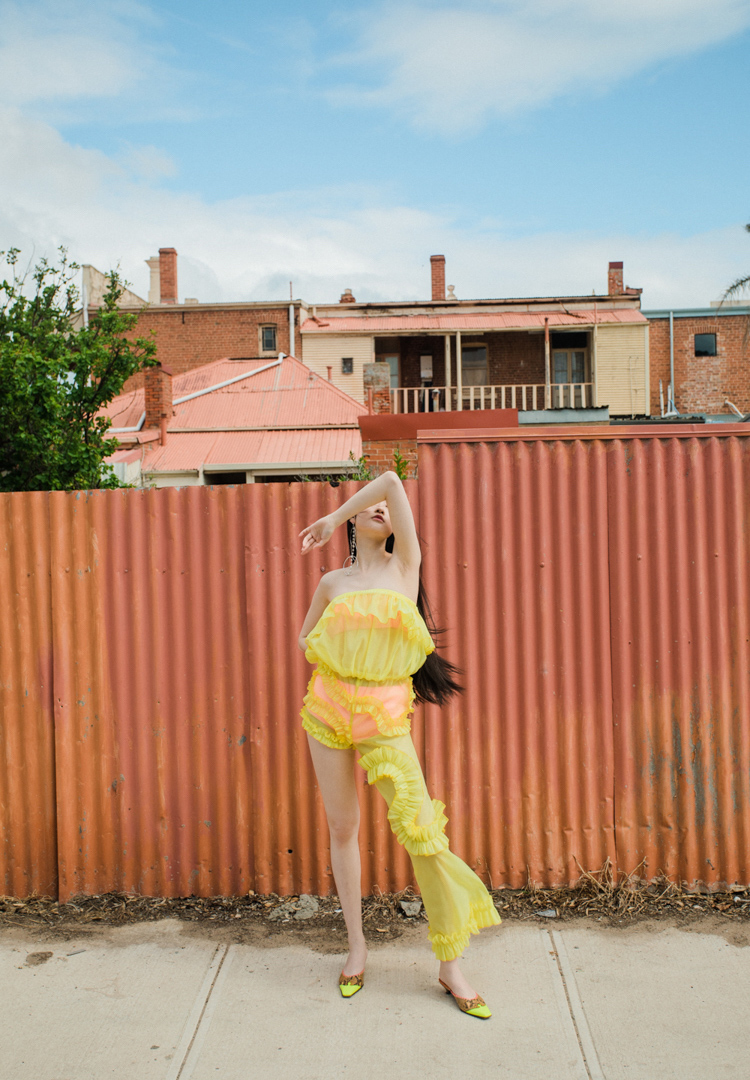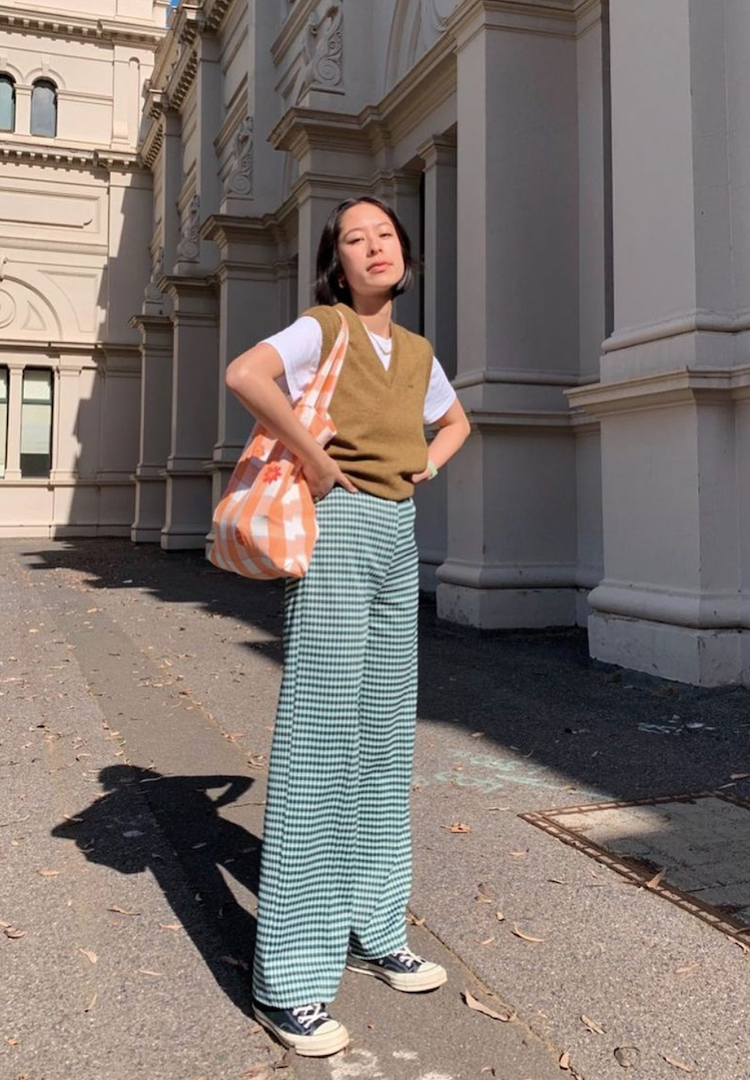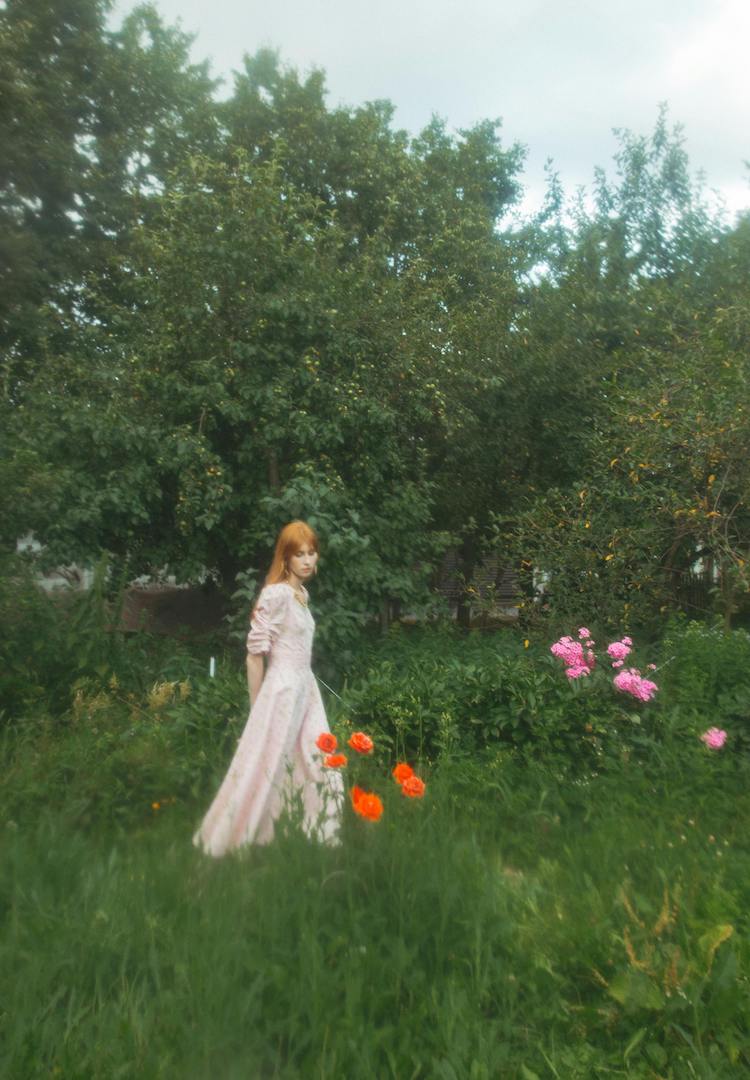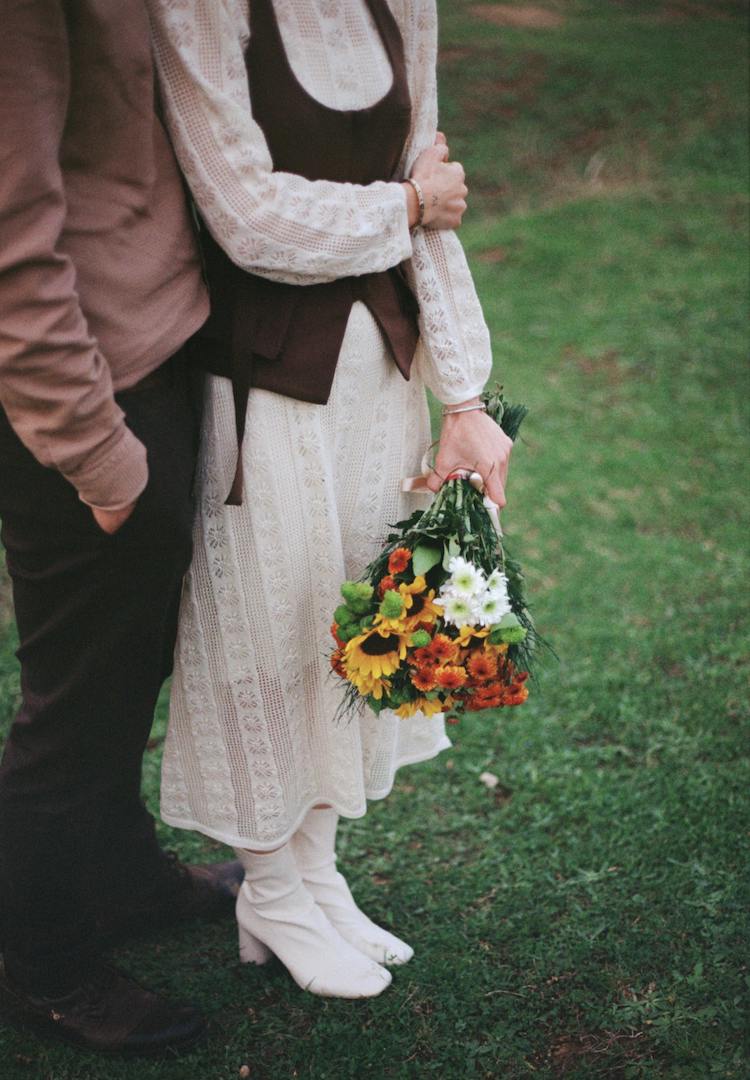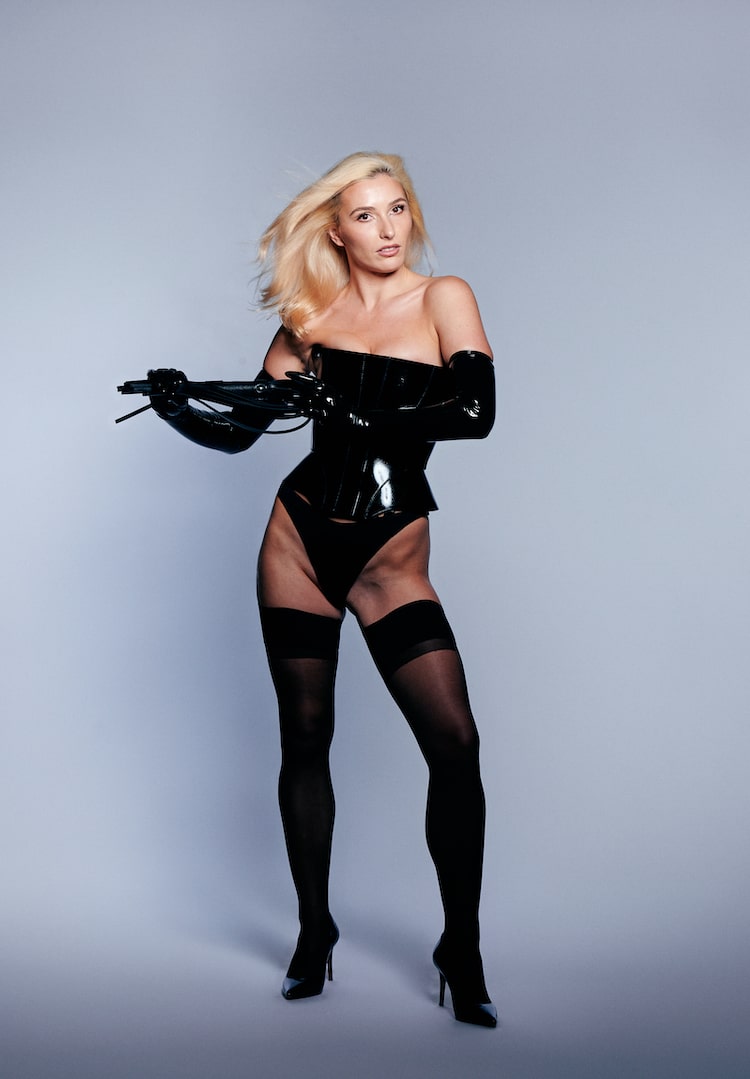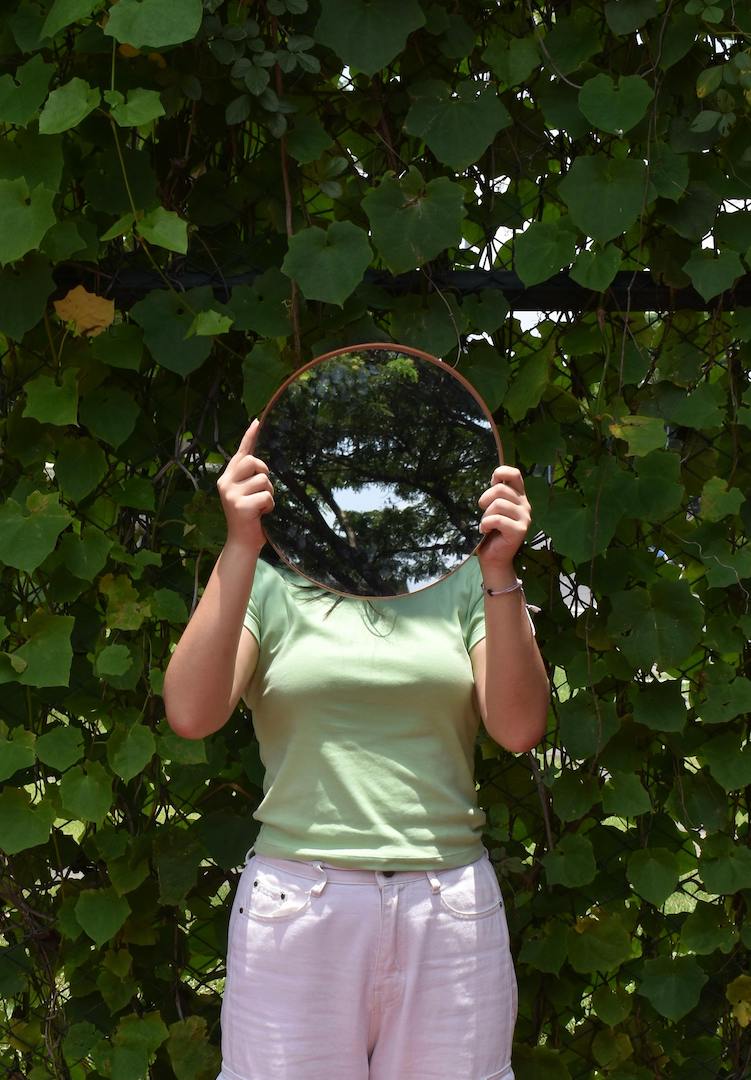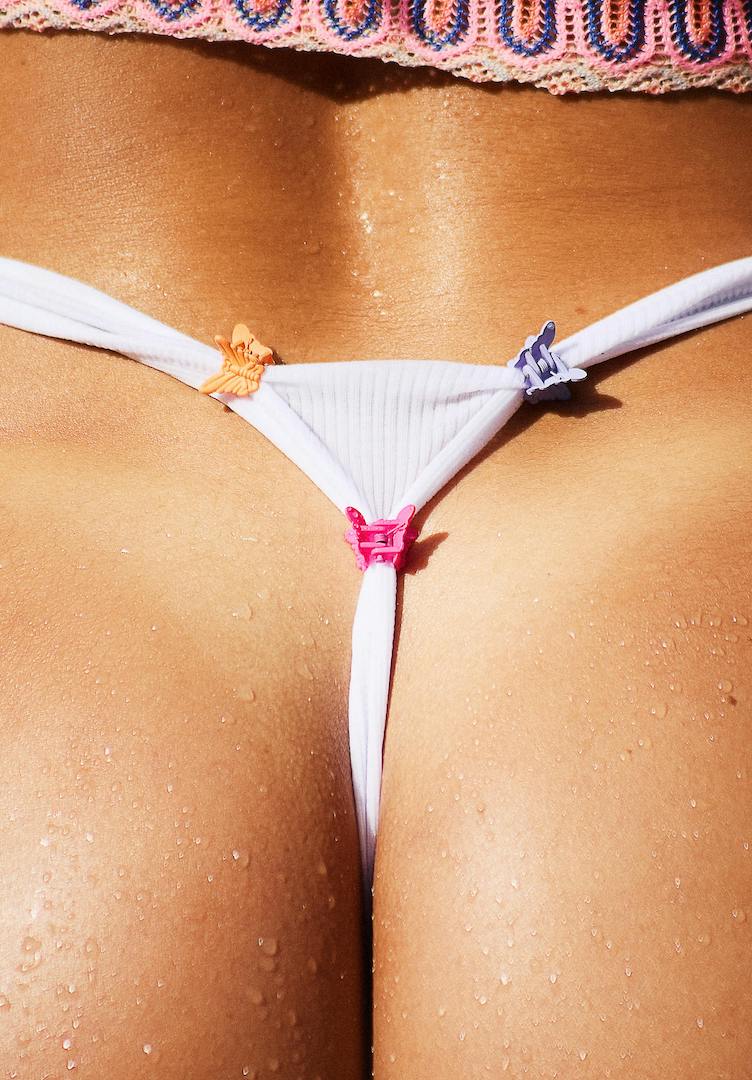I always thought loneliness was a symptom of being single, but it’s not
PHOTOGRAPHY BY CLAUDIA FISCHER
WORDS BY HANNAH FURST
Are you alone or lonely, and what’s the difference?
Three hours on Tik Tok. Reading bitchy Facebook group threads that have nothing to do with me. Watching dozens of David Dobrik vlogs. Calling my mum. Snapping selfies. Posting Stories. Swiping. Scrolling. Sleeping.
These are just some of the things I’ll do to avoid being alone.
As I’m writing this, I’m sitting at a restaurant doing what I do best – avoiding being alone. If I’m typing away on my laptop, then I’m not really alone. I’m very busy and have very important things to do.
I’m used to this. I’m 31 and single. When I was in my early twenties, I was never alone. In your twenties, a large percentage of your friends are single, so you always have someone to go on wild adventures with.
Then, something changes. All of a sudden, everyone you know is coupled up and you’re going to the movies with your parents every Monday night. And they make you sit in between them.
A few weeks ago, my best friend (and travel partner in crime) got engaged. When she sent me the announcement text, I was smiling and happy. And then I was like, “Shit”. I suddenly realised: I’m going to have to become better friends with my aloneness.
I recently interviewed psychologist Vanessa Staub to understand the difference between loneliness and being alone. I’ve felt both extremes of being alone – the total peace and comfort of my own company, and the emotional rollercoaster of isolation.
Even before COVID-19, I’ve had periods where a whole weekend alone in my apartment has sent me a little mad. But I’ve also been in crowded rooms and felt a really deep sense of loneliness and the overwhelming urge to be home, in my bed, alone.
In preparation for my interview with Vanessa, I did a quick Google search to understand how other millennials feel about their aloneness. Apparently, I’m not alone (ha ha). Alarmingly, most of the studies say that the millennial generation is the most lonely.
We are hyper-connected through social media and have become so accustomed to DMs that perhaps we’ve lost the ability to have a true D&M. Before social media – and there was no social media when I started university – I remember having hours-long chats to my friends on the phone.
I don’t even remember the last time I called up a friend. Instead, we respond to each other’s Stories with laughing emojis. It didn’t come as a surprise to me that millennials feel more lonely than ever.
But what shocked me was that in one study of US women, 42 per cent of millennial women said they are more afraid of loneliness than a cancer diagnosis – a pertinent reminder of how corrosive loneliness can be on a person’s sense of self and quality of life.
According to Vanessa, loneliness isn’t just about the physical state of being alone. It’s when your relationships don’t meet your social needs. Yep, that means coupled up people can also feel lonely. Vanessa says that social media has led to a culture of socialising where we’re not required to step outside our front door or engage in interests with like-minded people.
My own psychologist summed up my struggles with loneliness as a single, 30-something woman who lives alone. He said, “People in their twenties tend to have a lot of level two friends, but as we get into our thirties, we start to realise we’re lacking enough level one friends”. Social media is great for keeping connected to our level two friends, but you never actually have to go further than surface-level chat.
Level one friends are those friends that you are completely yourself with. You are vulnerable, and you aren’t afraid to reveal your true self. I’ve been on my own journey this past year to open up more with my friends, and lockdown was the perfect time to practice.
I remember going on a walk with a friend where I decided to open up a bit more. I told her exactly what was going on, and basically just admitted I felt totally lost in my life. A few days later she called me up and said the same; we went for a walk and in the same way I did a few days before, she opened up to me.
So how do we find these people that can meet our social needs? Vanessa suggested writing down the activities you love. Books, hiking, team sports… whatever it is, start having a look for groups or meetups for people who love doing the same thing and join one.
Recently, I started Single Minded, a podcast about being single. Through that community, I feel like I’m slowly finding my people. I started opening up on the podcast and fellow single women began reaching out to me in my DMs, and suddenly I had three friendship dates lined up.
I originally thought loneliness was a symptom of being single, but the more I’ve looked into it, the more I’ve realised it has nothing to do with being single. It actually starts and ends with me – it’s directly correlated to how much I’m willing to let others in.
Hannah is a content creator from Melbourne. She works in the beauty industry, and in her spare time hosts Single Minded, a dating podcast that’s flipping the script on being single. When she’s not creating beauty content, you’ll find her somewhere remote backpacking overseas – preferably with no WiFi to get a much-needed break from Instagram. Follow her addiction to serums and travel on Instagram here.

